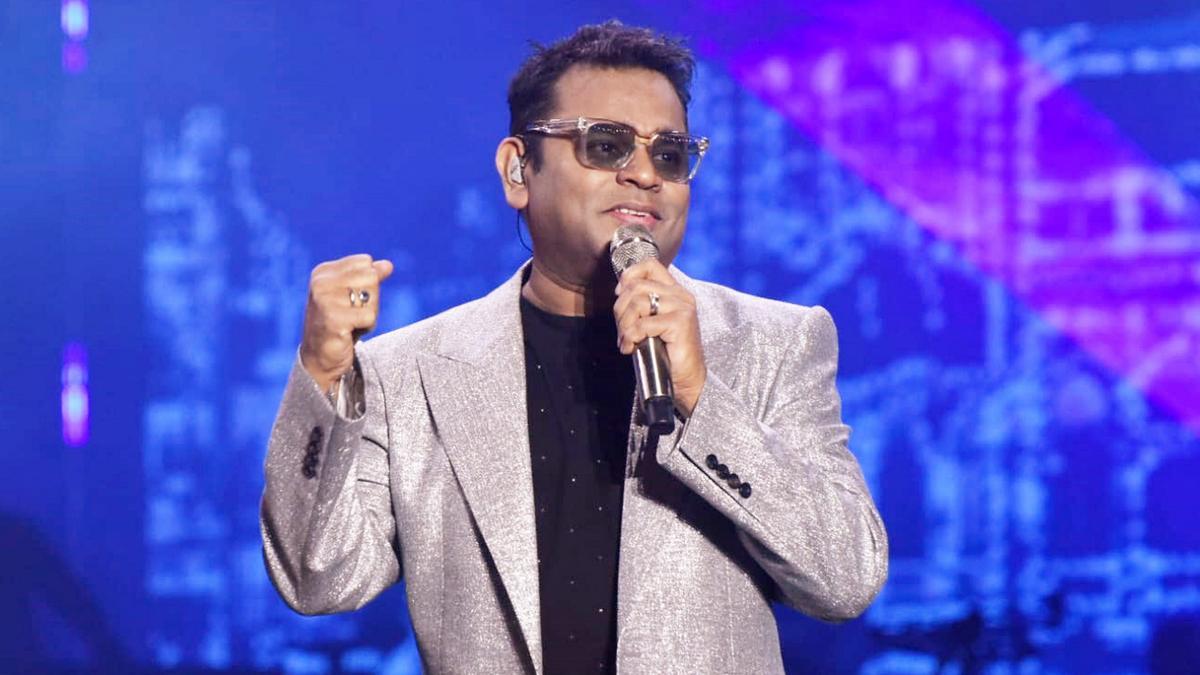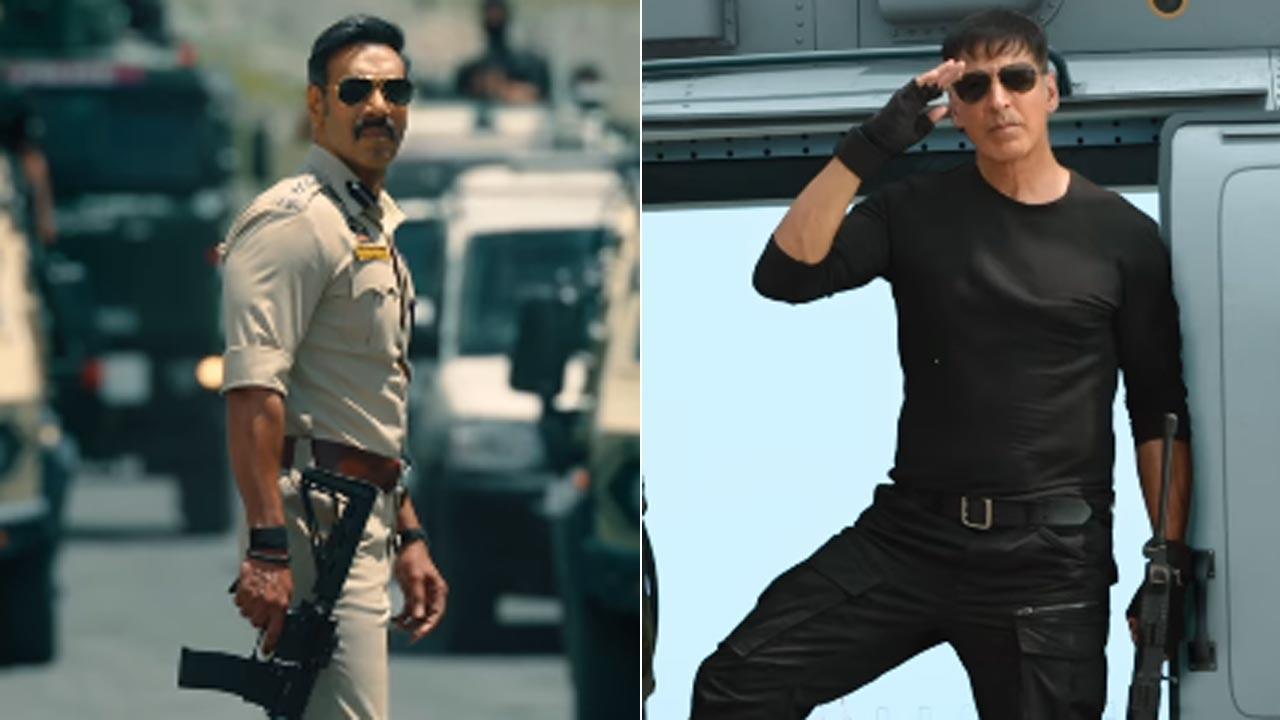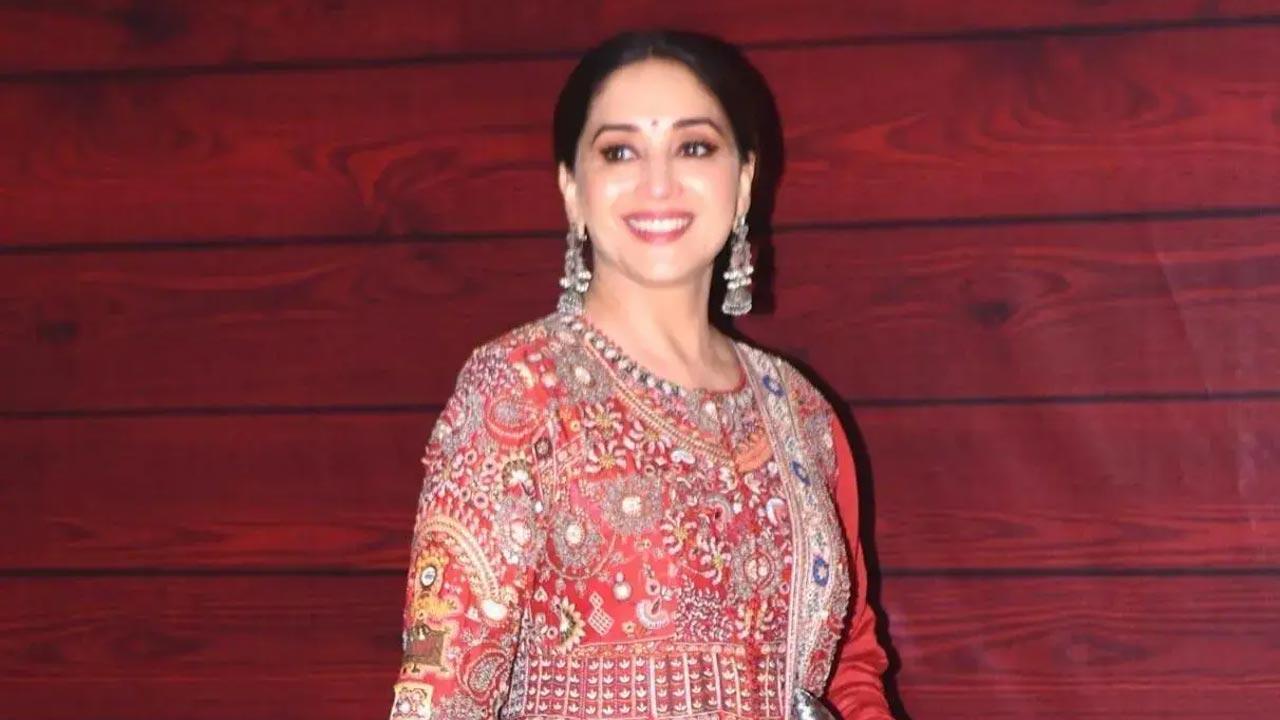
Renowned composer AR Rahman has expressed his discontent over the unauthorized remixing and revamping of songs, emphasizing the importance of obtaining proper permissions. Known for crafting some of the most iconic soundtracks in Indian cinema over the last three decades, Rahman’s original compositions have fallen victim to reimaginings by contemporary artists for newer films and albums.
In an in-depth interview with The Week magazine, the two-time Academy Award-winning musician was questioned about the ongoing struggles that composers face in relation to copyright issues. Rahman, maintaining his commitment to ethical practices in the music industry, articulated his stance firmly. “I believe in always following certain ethics,” he stated. “You can’t take a song from a movie and use it in another movie six years later, saying you are reimagining it. You can’t reimagine people’s work without their permission. You could post it on Instagram, but certainly not make it mainstream.”
Rahman’s displeasure highlights a critical issue within the industry where art and commerce intersect. The boundaries and ownership of creative works have become increasingly blurred with the rise of digital platforms and technology, making the protection of intellectual property more challenging than ever. His comments reflect a growing concern among artists similar to him who feel their original creations are being diluted and misused without proper consent or recognition.
Beyond unauthorized remixes, the legendary composer also voiced his apprehensions about the emerging role of Artificial Intelligence (AI) in music production. While acknowledging that AI holds potential for positive applications within the industry, Rahman raised alarms about the ethical dimensions that are often ignored. “An even bigger evil is people misusing AI and not paying the composer even if they are borrowing his style. We need to bell this cat, because it could lead to major ethical issues. People could lose jobs,” he mentioned in the interview.
.
Rahman further elaborated on his vision for AI, suggesting that it should be harnessed to address humankind’s bigger challenges. He believes AI should concentrate on sectors like the justice system, infrastructure, education, and empowering underprivileged populations rather than encroaching unethically into creative spaces. His insight reveals a deeper understanding of the technology’s potential while also acknowledging the essential need for human creativity and moral guidelines in the digital age.
AR Rahman’s perspective is significant as it comes at a time when technology continues to transform industries at an unprecedented pace. The conversation surrounding AI’s potential and its pitfalls is gaining momentum, not just in music but across various domains. The debate Rahman engages in mirrors a worldwide dialogue on the ethical use of AI, intellectual property rights, and the future of creativity in the digital era.
In India, where music has been a vital part of the cultural and cinematic landscape, Rahman has always been a pivotal figure. His contributions have transcended borders, with his compositions finding audiences globally. His call for ethical practices resonates with many other artists who are grappling with similar challenges. As music continues to evolve with technological advancements, the need for clear guidelines and respect for intellectual property becomes more crucial than ever.
This article serves as a reminder of the dynamic tension between creativity and technological innovation. As the world keeps transforming, artists like AR Rahman play a crucial role in steering the conversation towards a more ethical and sustainable coexistence of art and technology. His words urge the industry to consider not just the potential of new tools but also the values that underpin creative endeavors.
As industry stakeholders ponder over these important questions, AR Rahman’s unequivocal stand underscores the importance of safeguarding creativity from unethical practices while embracing technology responsibly. As digital and AI technologies continue to influence and shape the future of music, his insights offer a necessary caution while acknowledging the potential for positive impact when used wisely and ethically.










